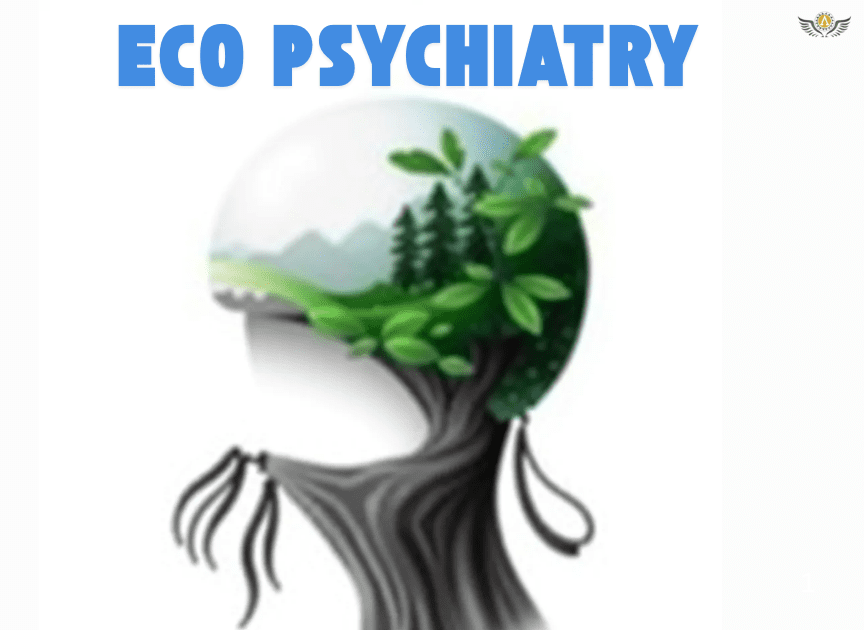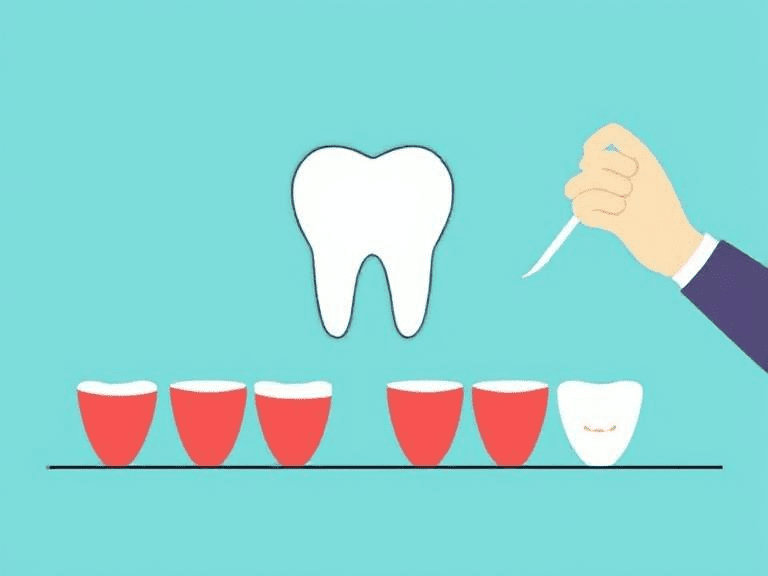Understanding the mind is like navigating a maze; it’s complex, it’s intriguing, and it’s constantly evolving. Recently, a new field has emerged in this labyrinth: Eco Psychiatry. This approach merges our interaction with nature and mental health, suggesting that the environment plays a crucial role in our mental well-being. In the heart of psychotherapy Greenwich, this new discipline is showing significant promise. Today, we’ll delve into the world of Eco Psychiatry, exploring how this fresh perspective could transform our mental health landscape.
What is Eco Psychiatry?
Eco Psychiatry, also known as green psychiatry, ties mental well-being with our connection to nature. It’s based on the understanding that humans are part of the ecosystem and our mental health is closely related to our natural surroundings.
The Impact of Nature on Mental Health
Studies show a strong connection between time spent in nature and reduced stress, anxiety, and depression. For example, a study from the National Institutes of Health shares that exposure to nature not only makes you feel better emotionally, it also contributes to your physical well-being.
How Eco Psychiatry Works
Eco Psychiatry promotes the idea of ‘green care’. This includes activities like gardening, animal-assisted interventions, and care farming. These practices provide therapeutic, health-promoting experiences through a structured and facilitated approach.
The Proof is in the Green Pudding
It’s not just a theory — there’s data to back up the benefits of Eco Psychiatry. Let’s take a look at some of the key findings from recent studies:
| Study | Findings |
| ScienceDirect Study on Benefits of Green Exercise | Green exercise leads to improvements in self-esteem and mood. |
| PLOS One Study on Urban Green Spaces | Urban green spaces can promote mental health. |
Mental Health Care: A Green Future?
As we learn more about the potent impact of nature on mental health, it becomes clear that eco-conscious, green methods could revolutionize mental health care. What once was a maze may soon become a garden, offering a more naturally therapeutic approach to mental health.











